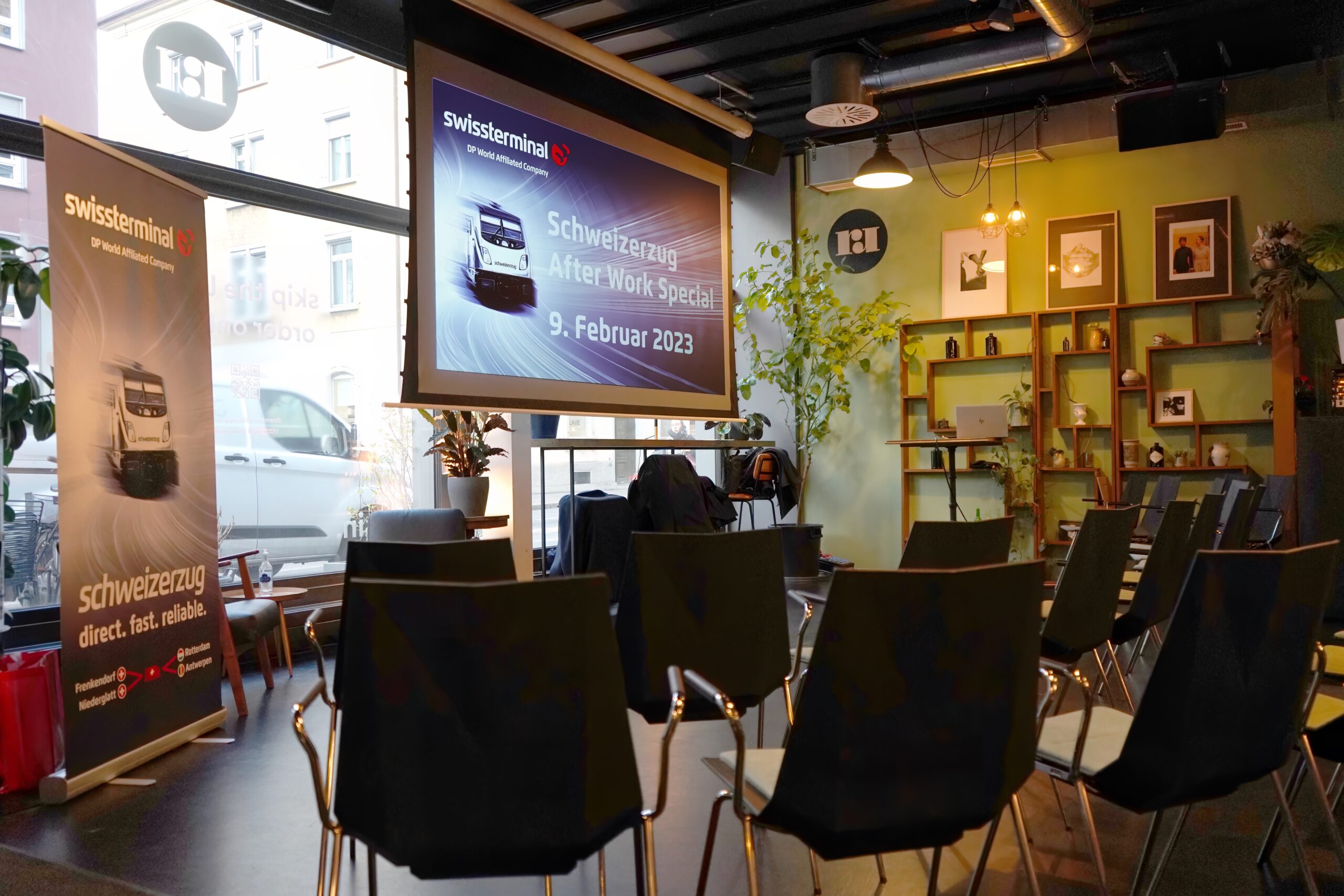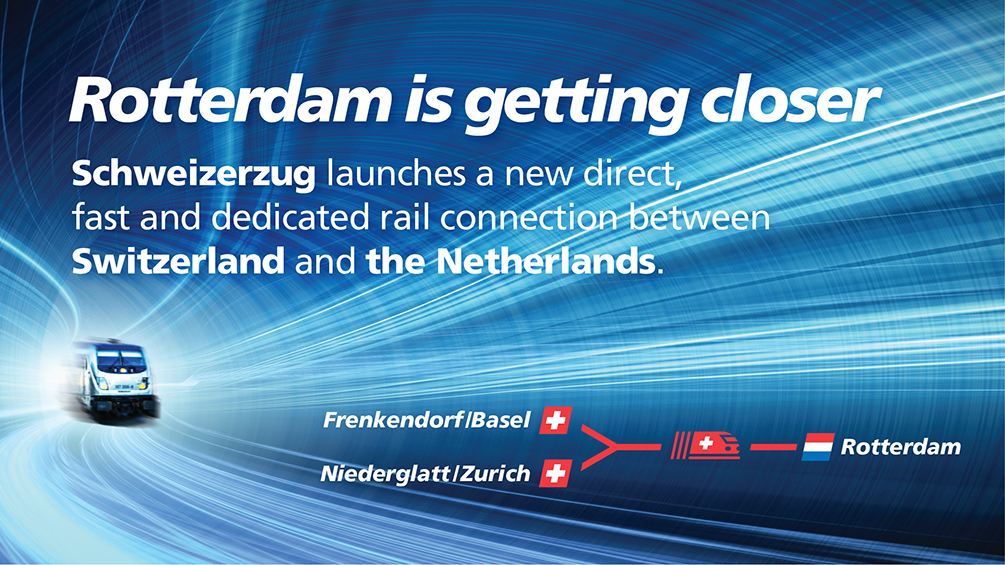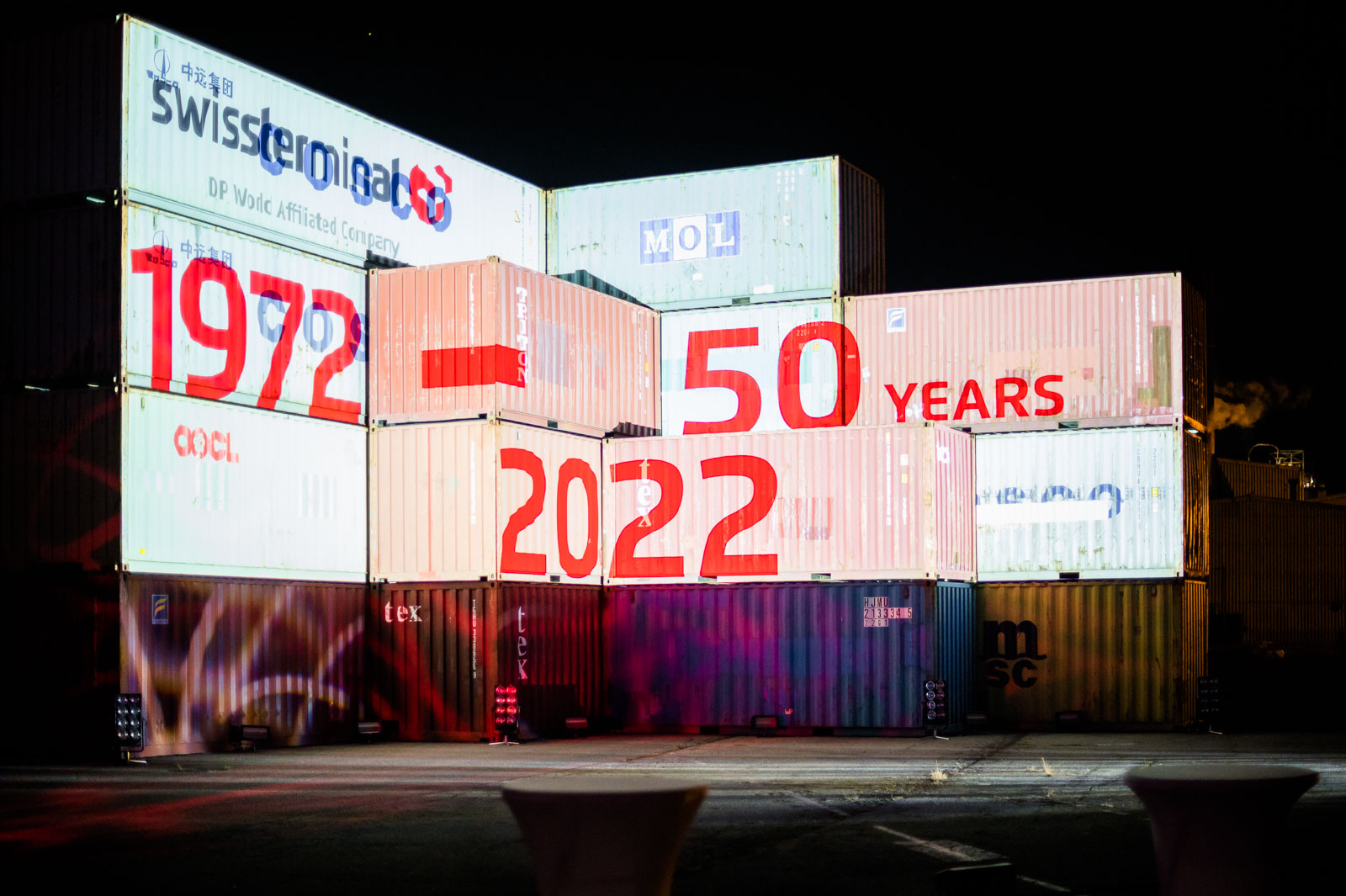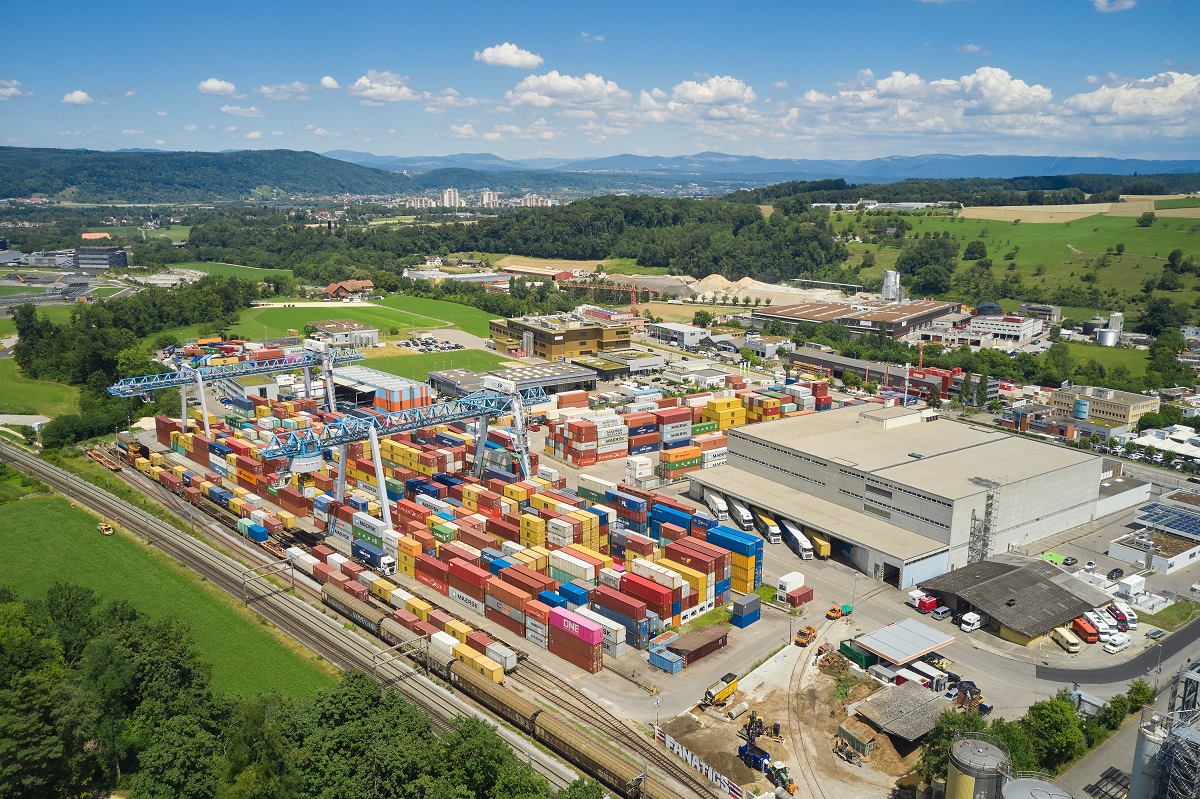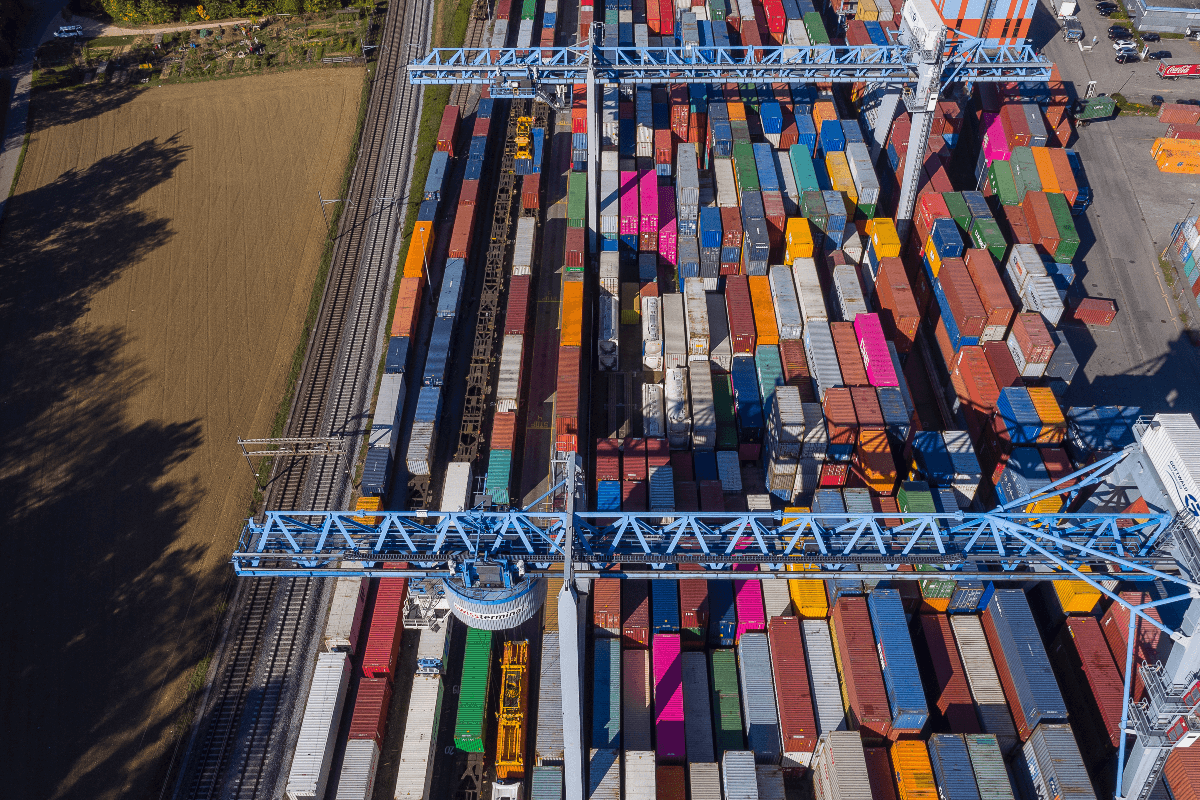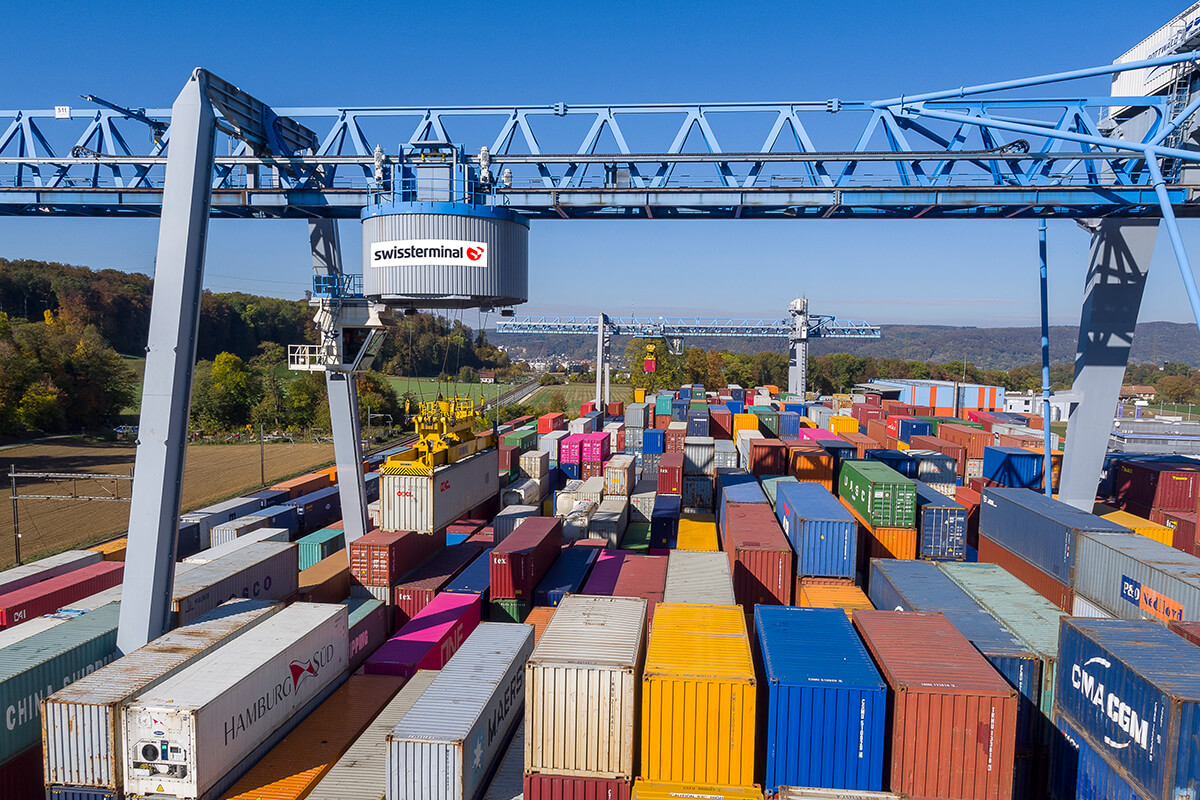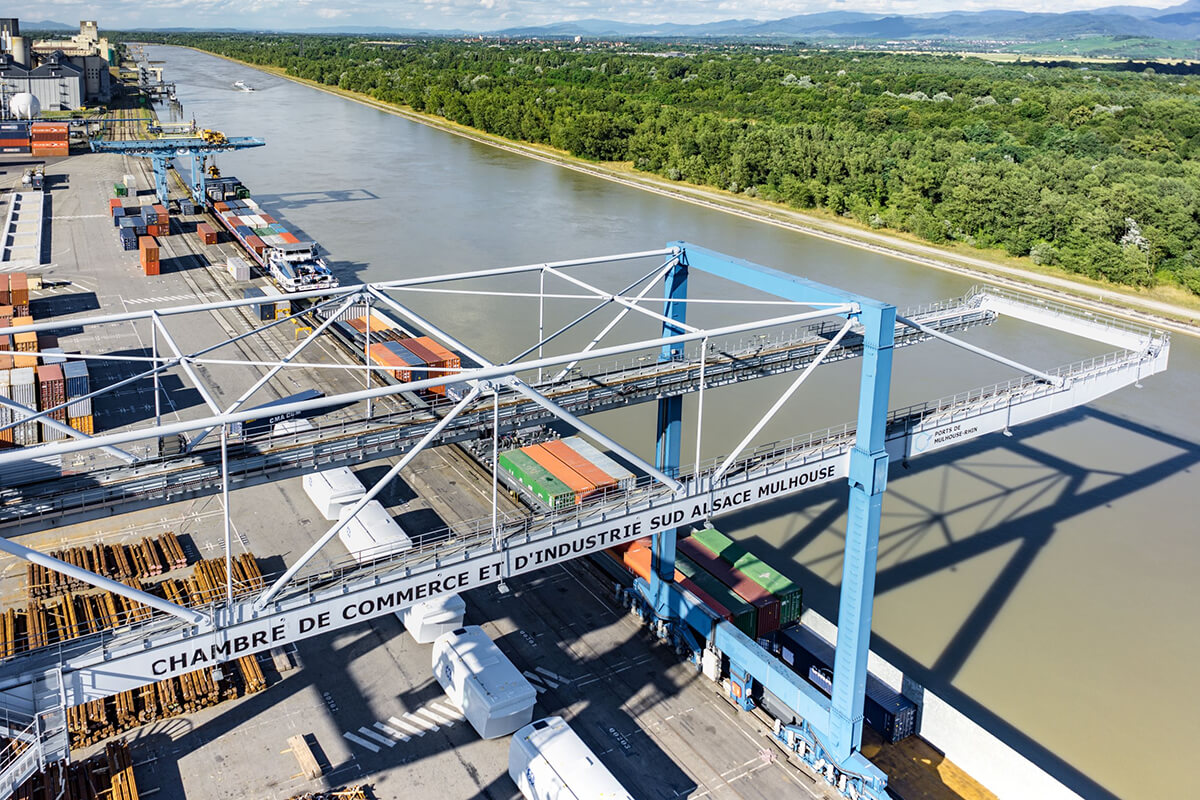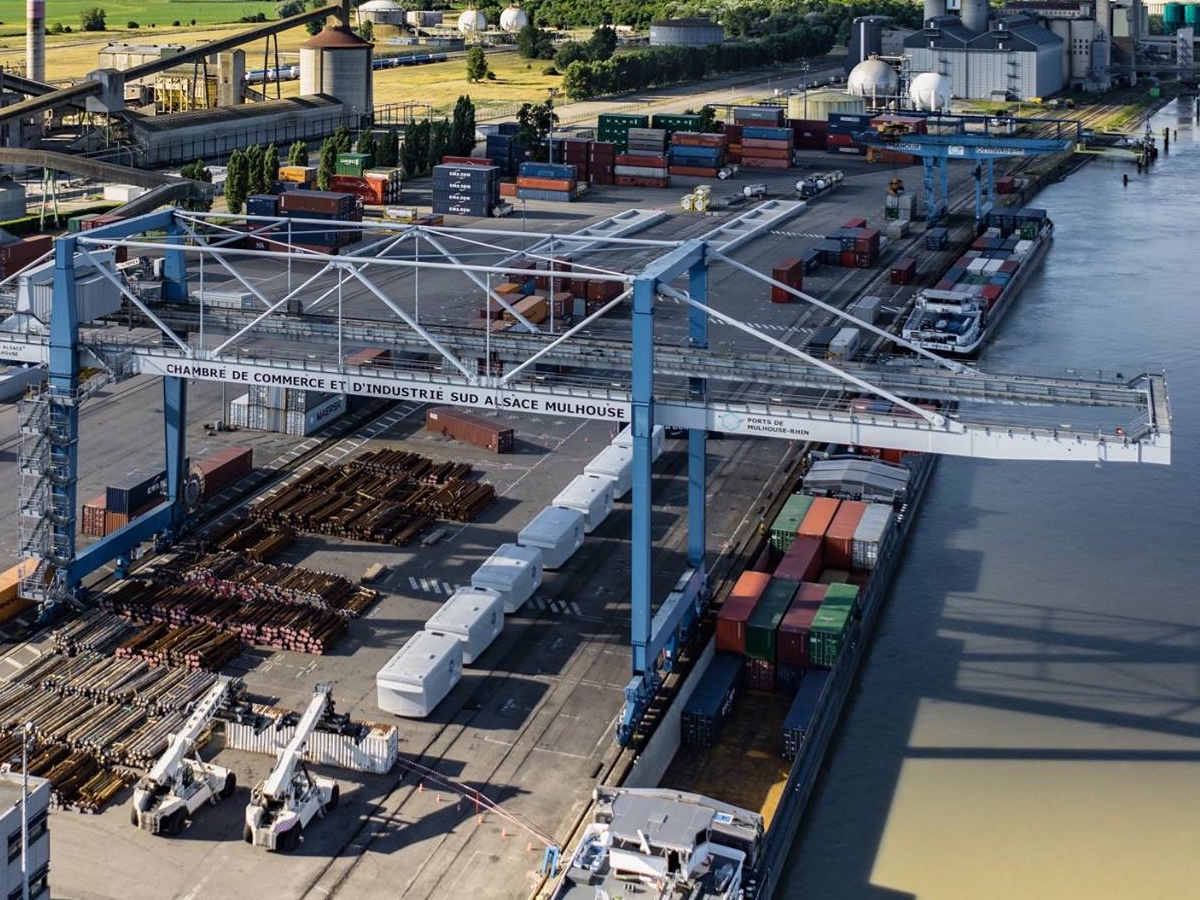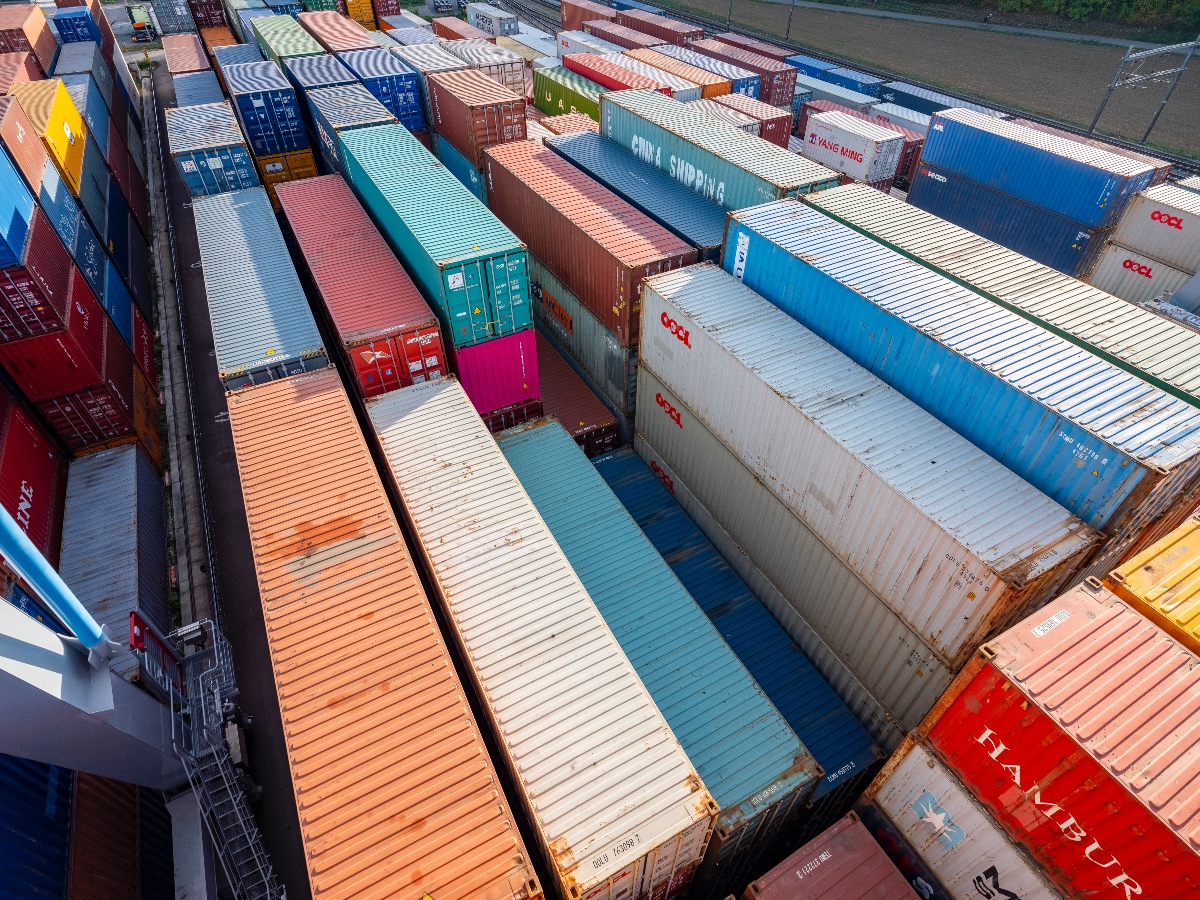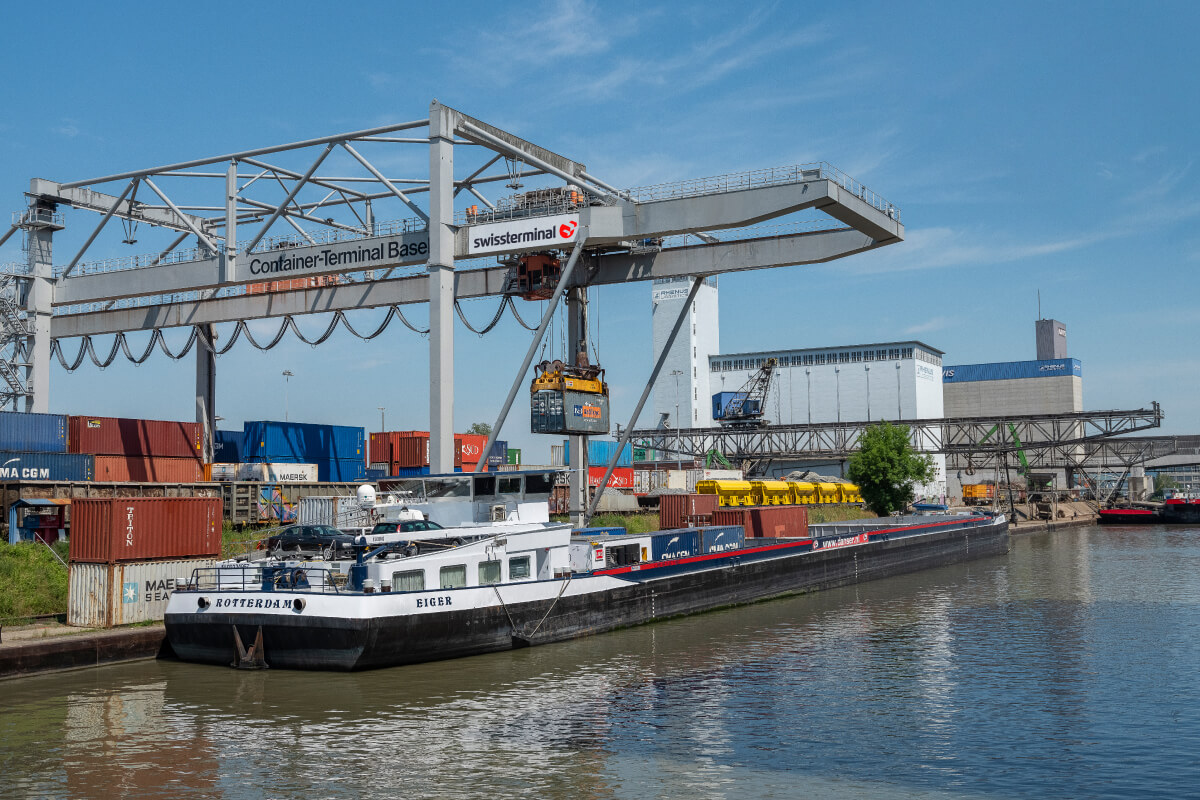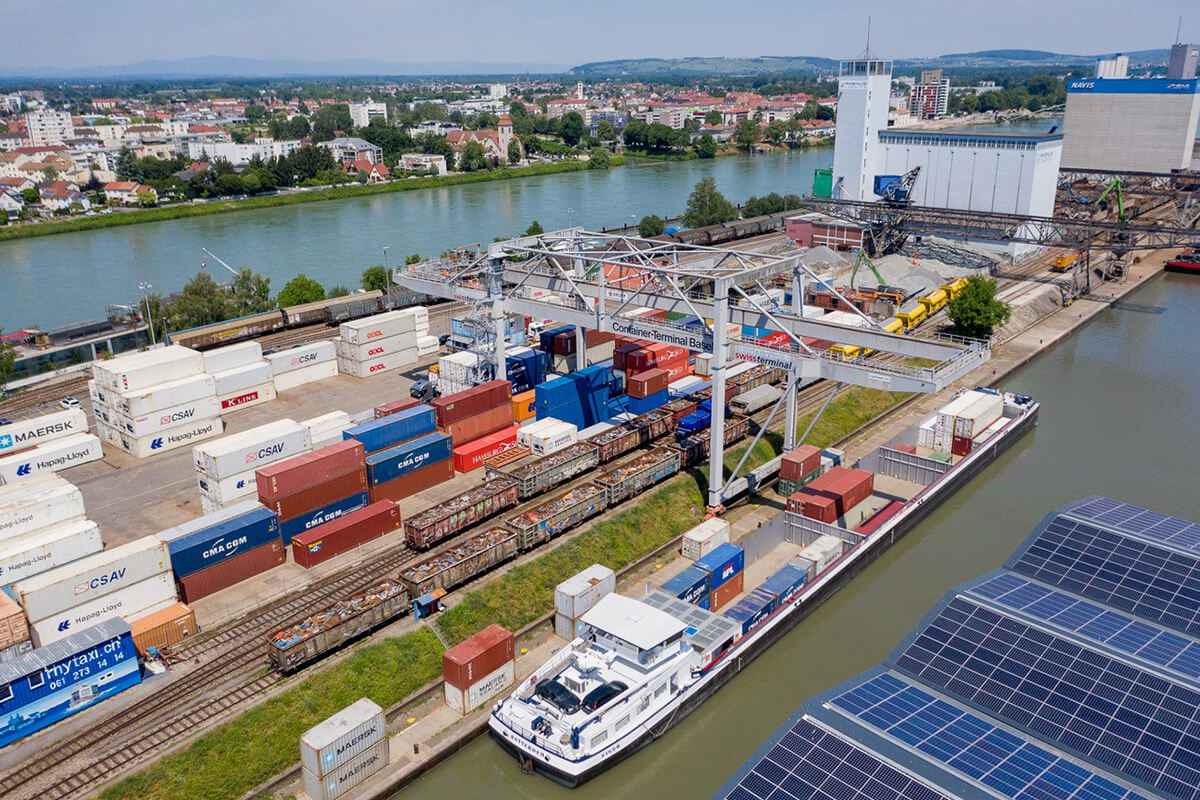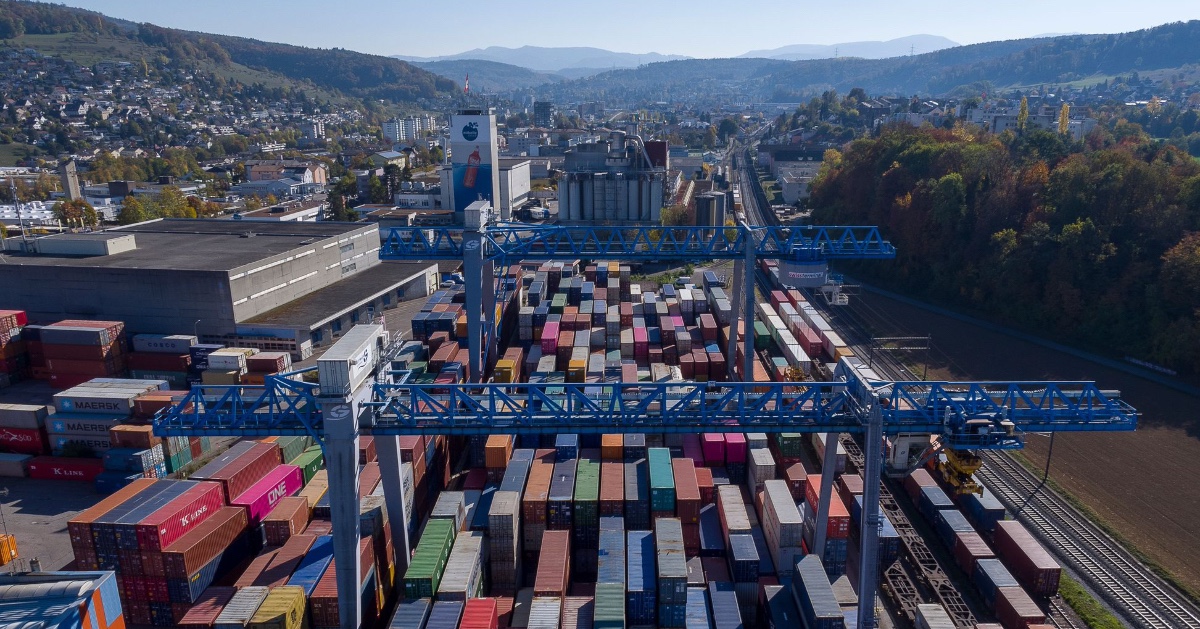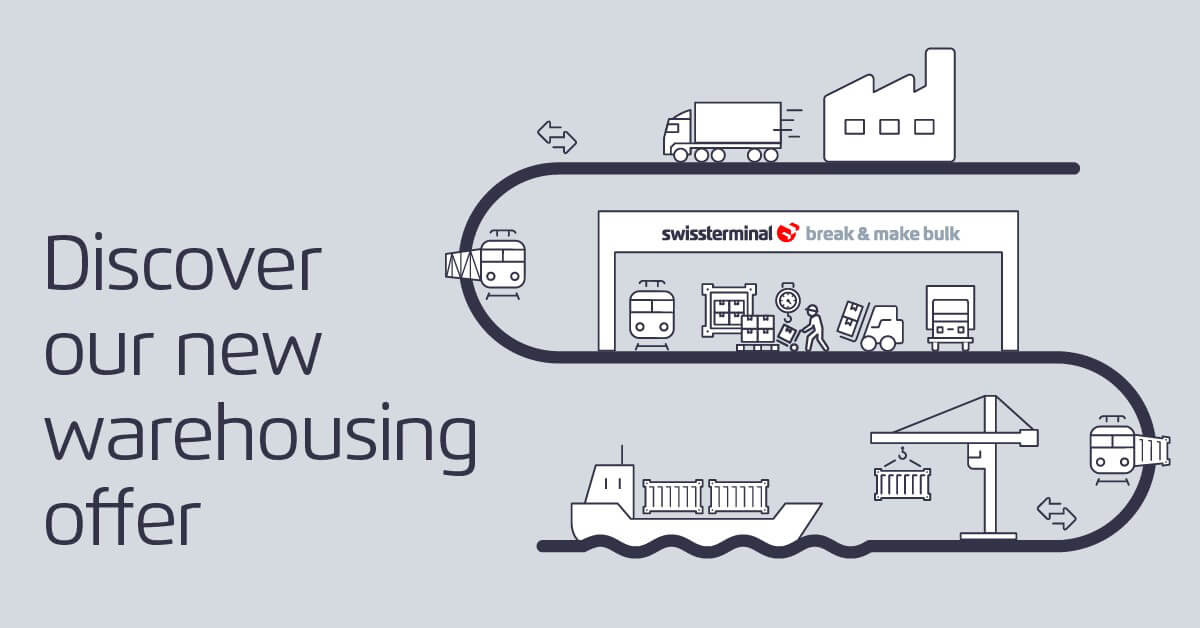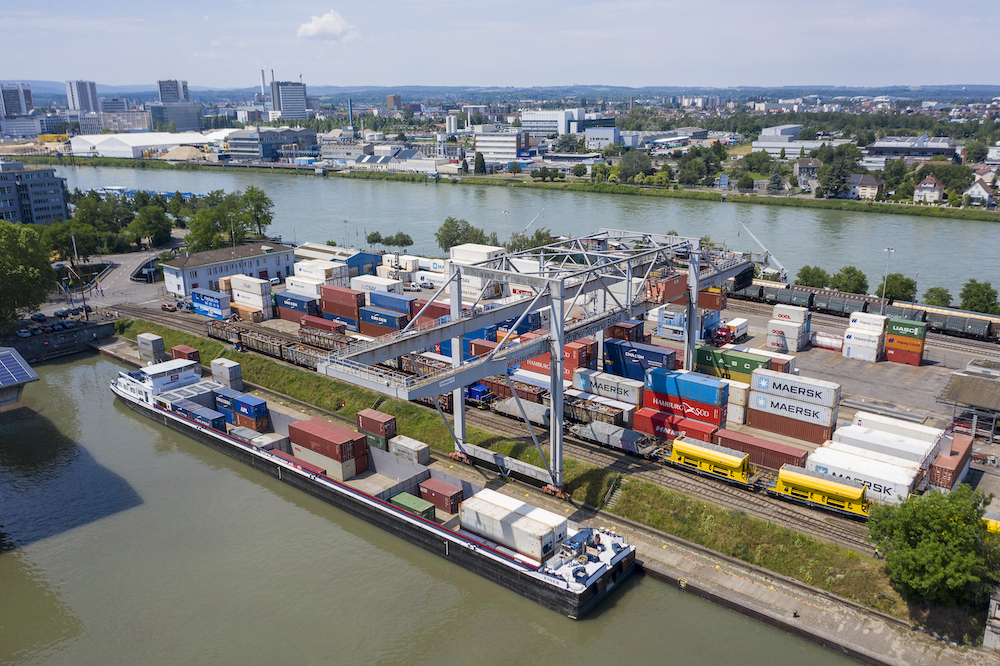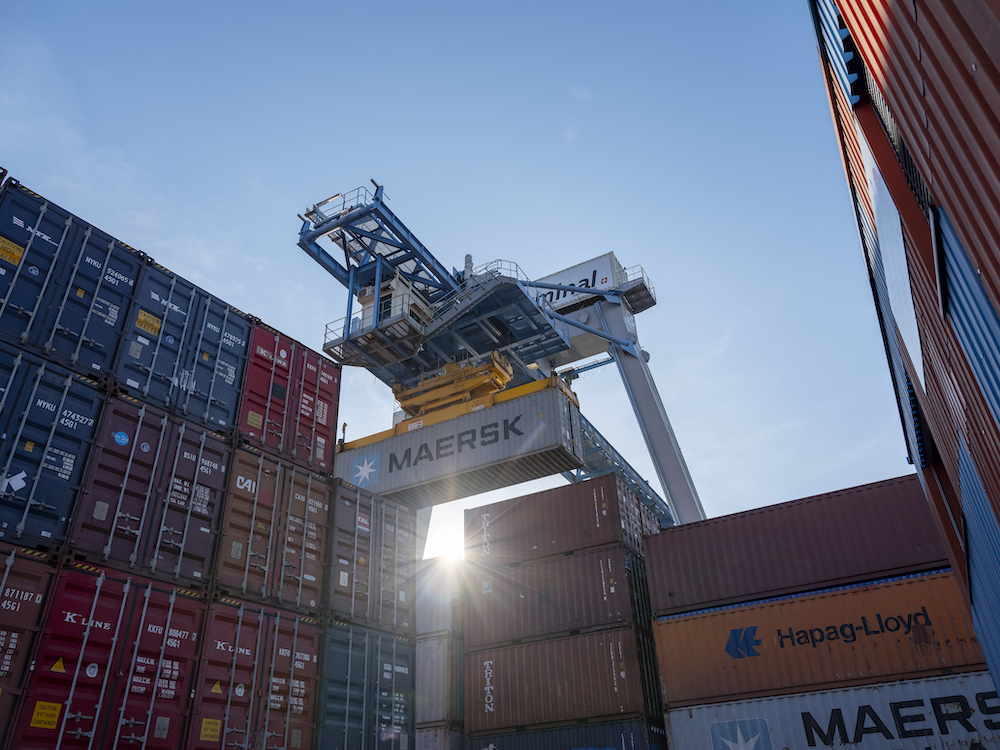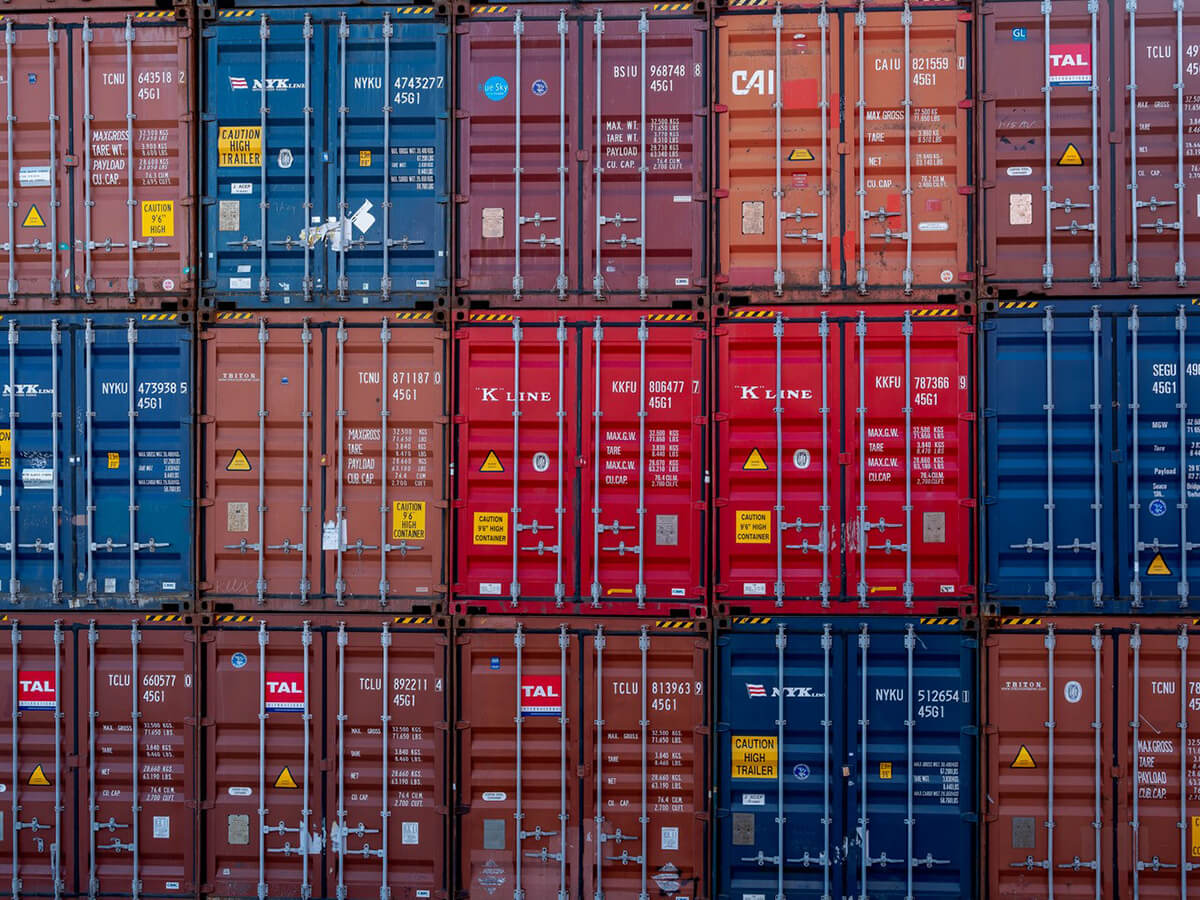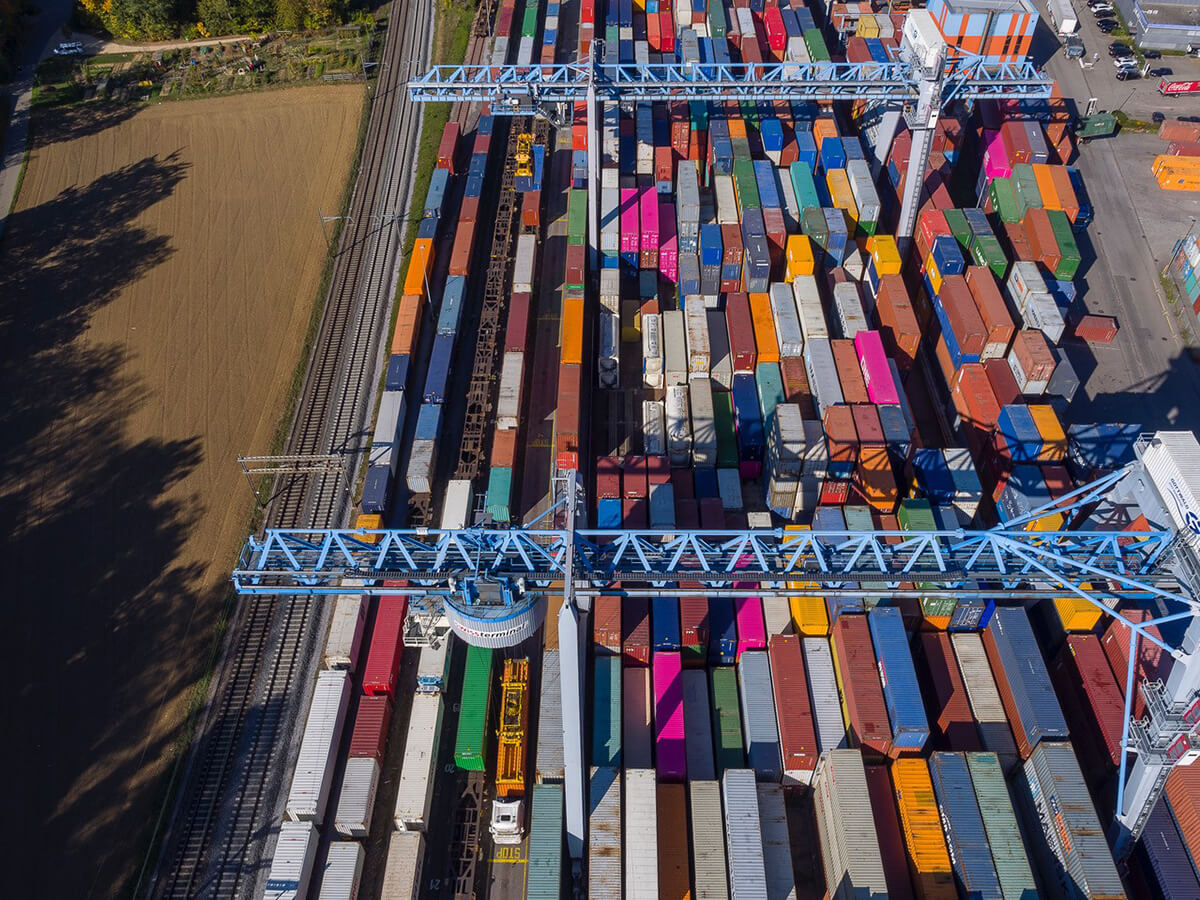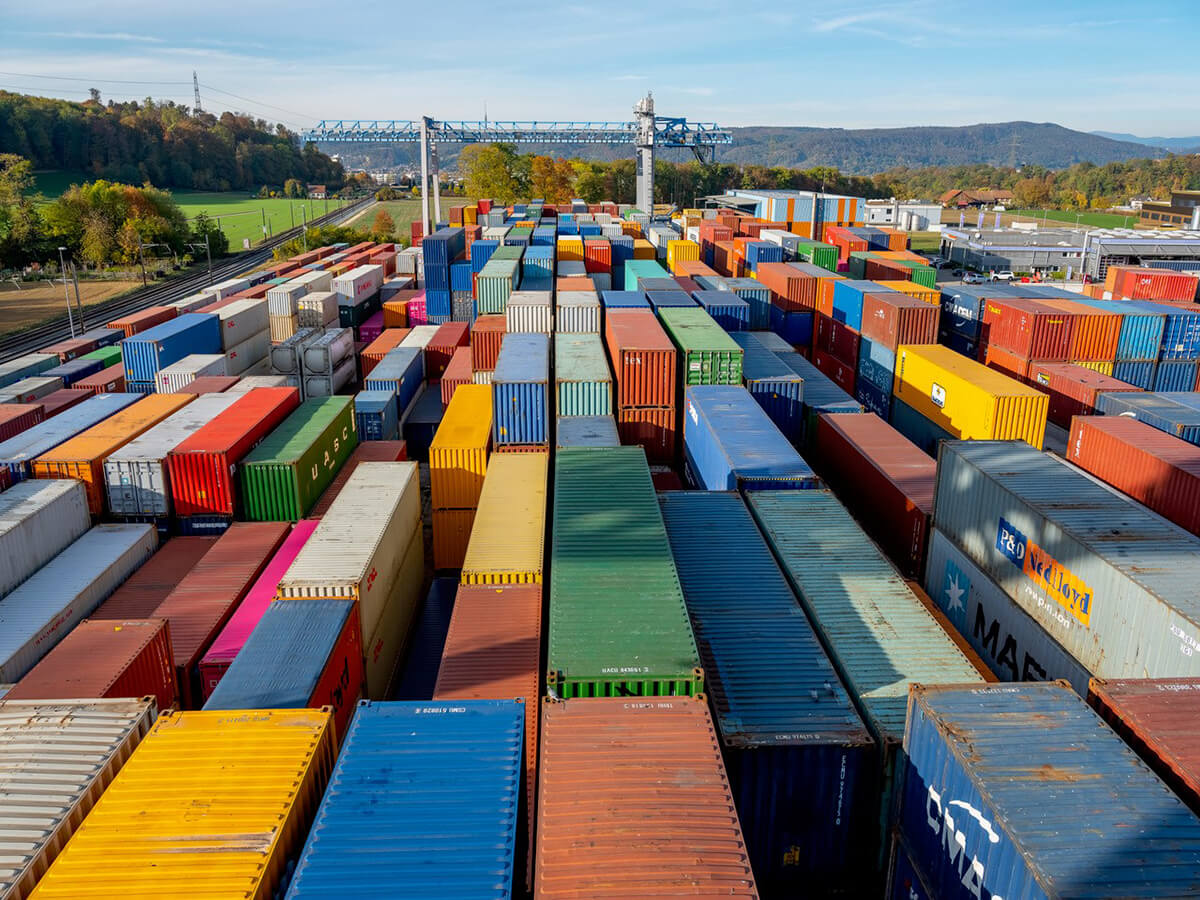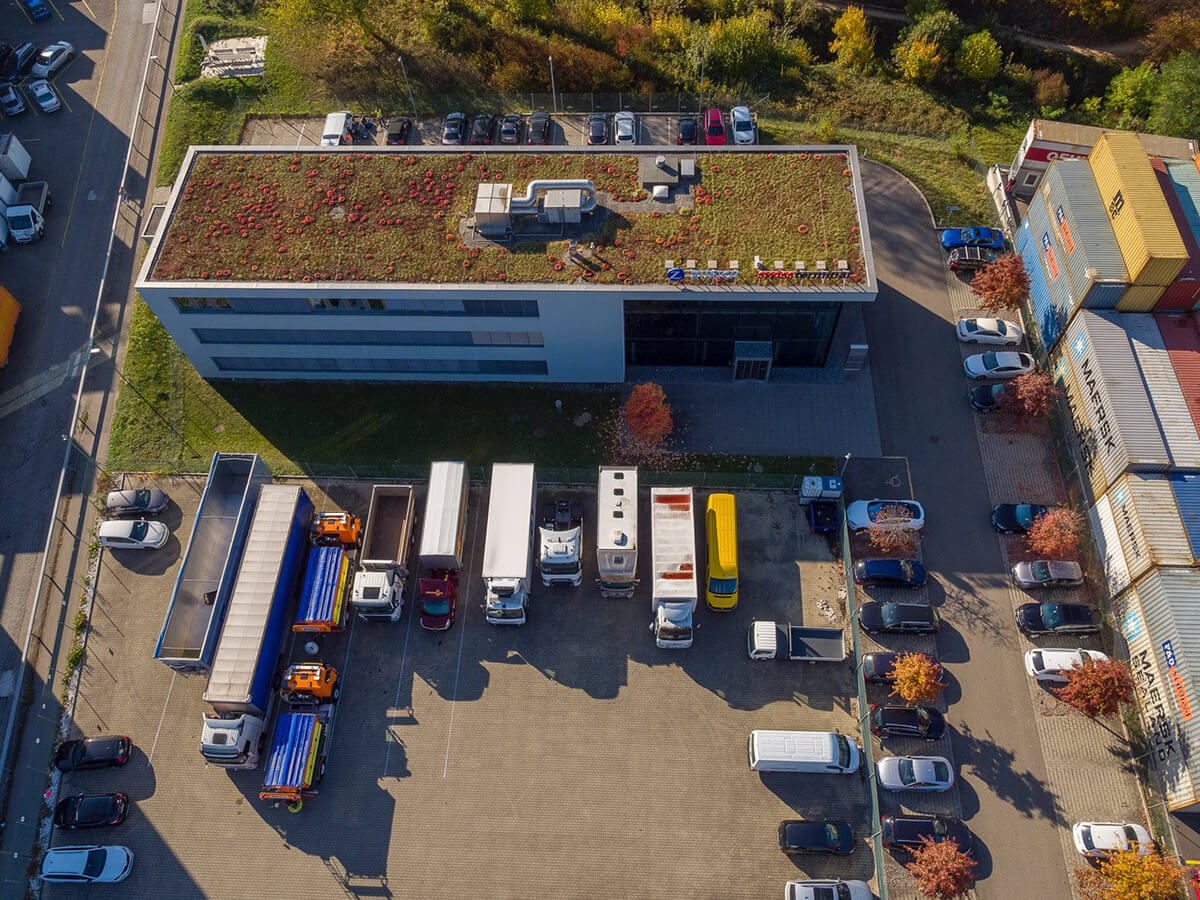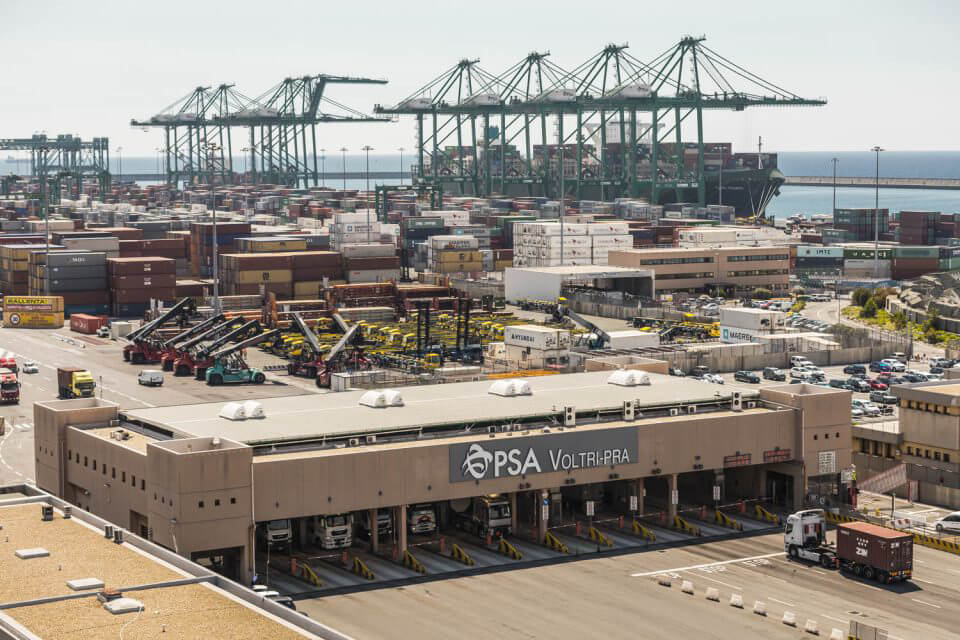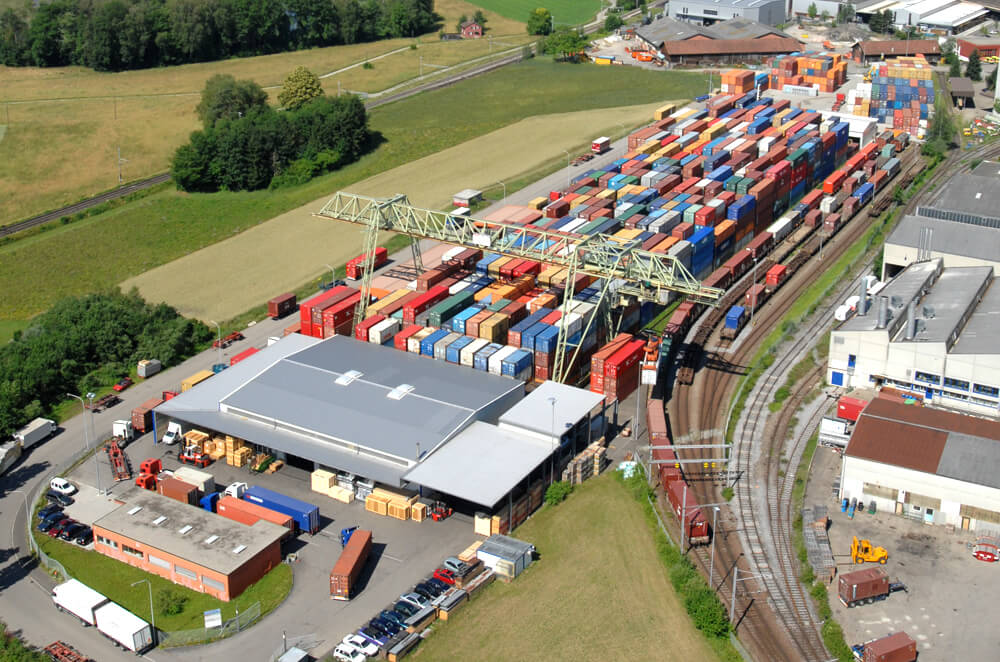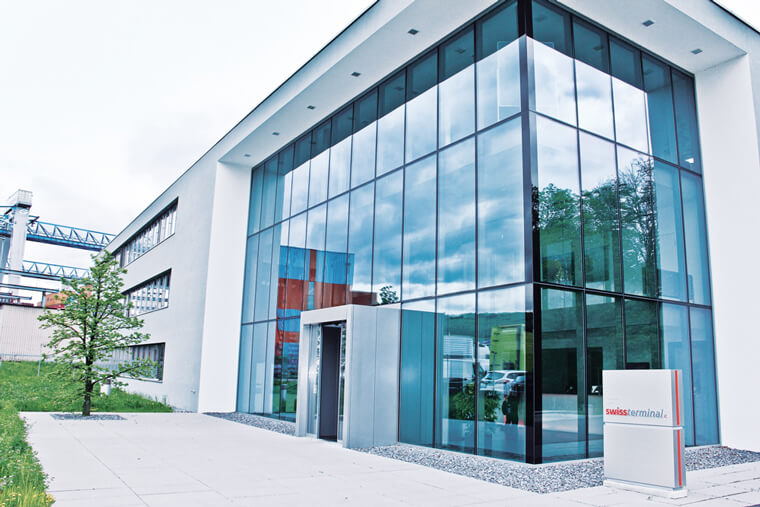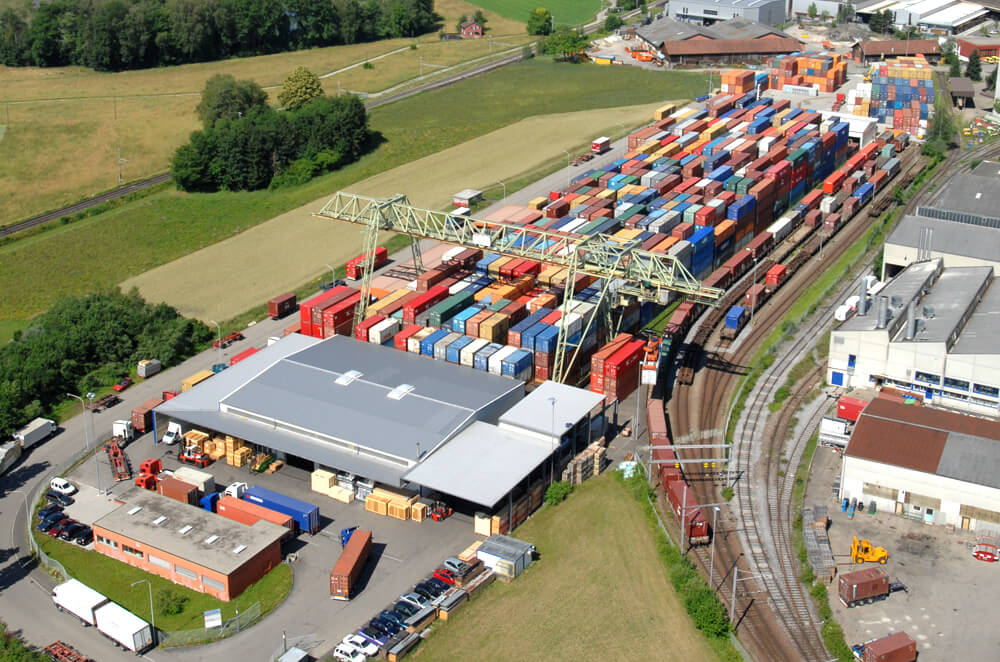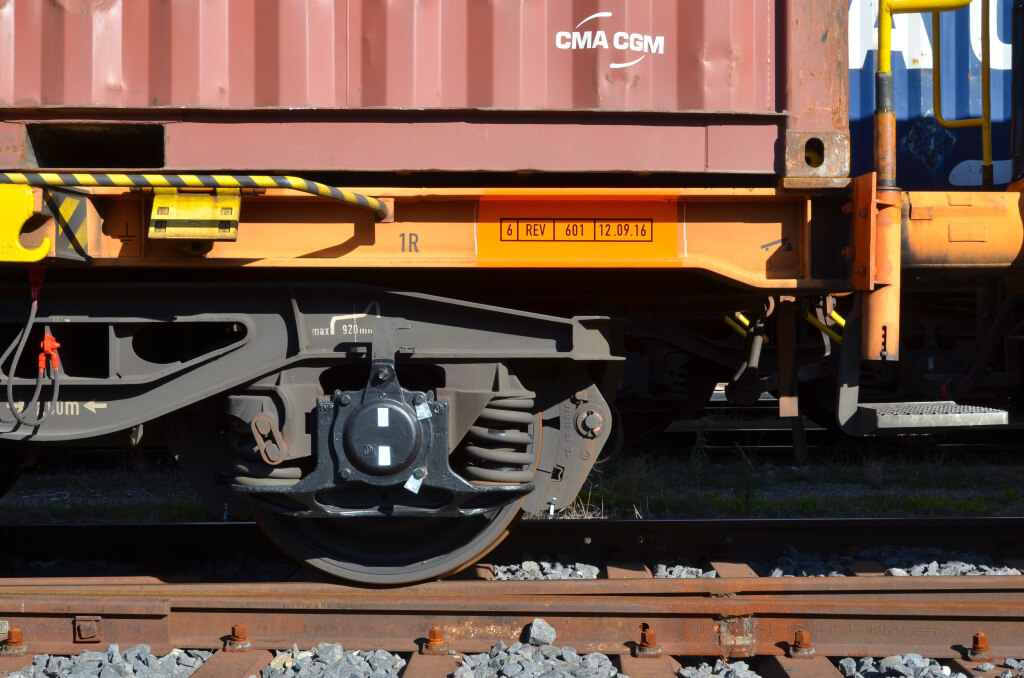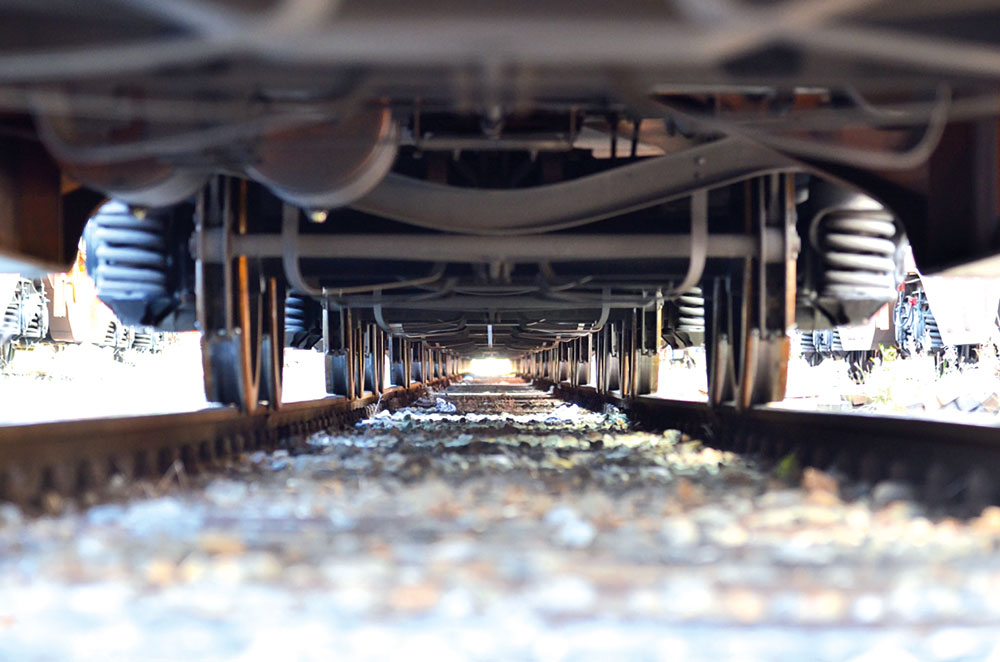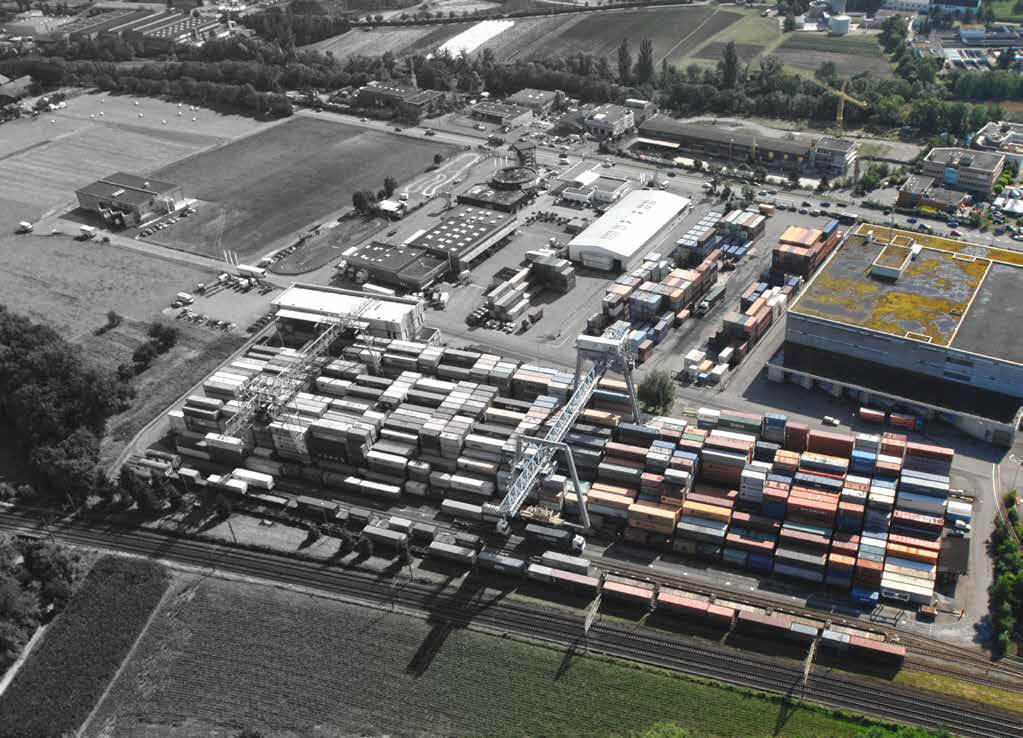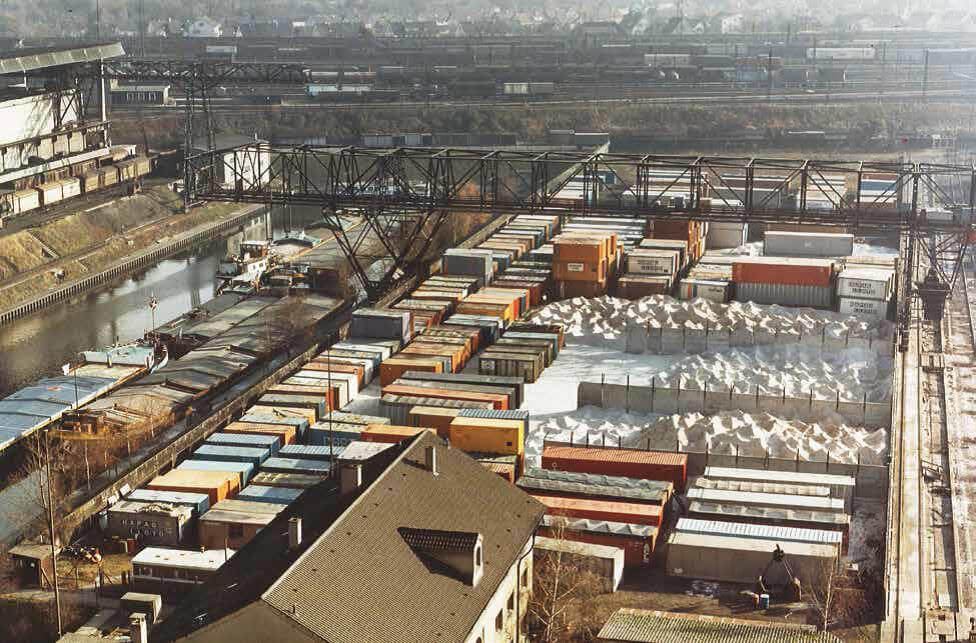Just one click and the slot is yours
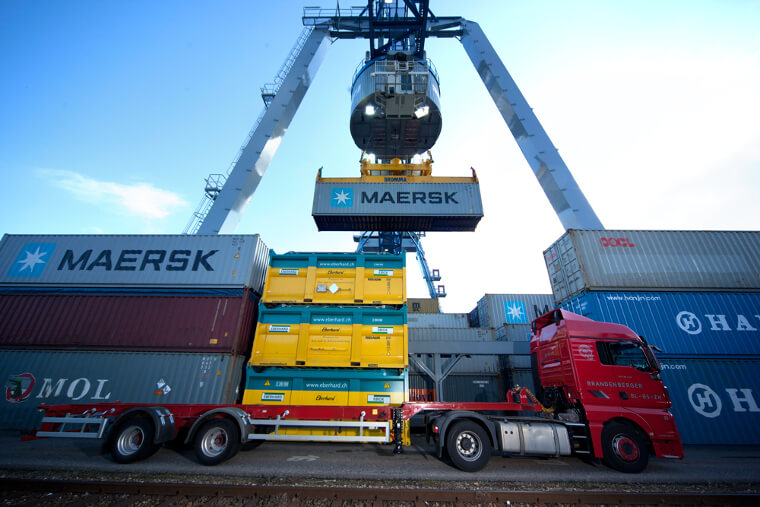
Swissterminal Group is one of the pioneers when it comes to digitalisation in the transport and logistics industry. As first hinterland terminal in Europe the Swiss market leader in terminal operations introduced an electronic slot booking system for the pick-up and delivery at its terminals in Basel, Birsfelden, Frenkendorf and Niederglatt.
With this move, all parties involved benefit from a higher predictability, which in turn leads to a better efficiency. The system has been in place for more than a year now, hence it was time for Swissterminal to update the procedures at the beginning of February.
This revision has led to some system adjustments, which facilitate smoother operation procedures. For example, the company has added some more time slots at its various terminals. In line with this development, there are no more any reserve slots available. Furthermore, it is now possible to link a slot in a main time window with another one in an off-peak time window, for example when a trucker would like to pick up a box and collect a new one in one go.
To achieve a better utilisation of the capacities available, there is a cancellation fee for slots that are book but not utilised. However, it is still possible to change the timing or cancel slots up to 15 minutes after the respective window has started.
The benefits of a slot booking system are not limited to a better predictability though, but can also support the management of container movements in case of temporarily increased traffic volumes. Peak situations can arise due to severe weather conditions, line disruptions or other unexpected events and lead to challenging conditions for trucker and terminal operators alike. “Situations like these call for an open dialogue between all parties involved to handle them as effectively as possible”, emphasises Roman Mayer, CEO Swissterminal Group. “We will continue to further improve the system to make the transport management as smooth as possible for everyone involved in the process.”
For Swissterminal there is no doubt that it will forge ahead and spearhead the application of new technologies in the logistics industry. But at the end of the day it is the human factor that makes the difference – and this is not going to change.

